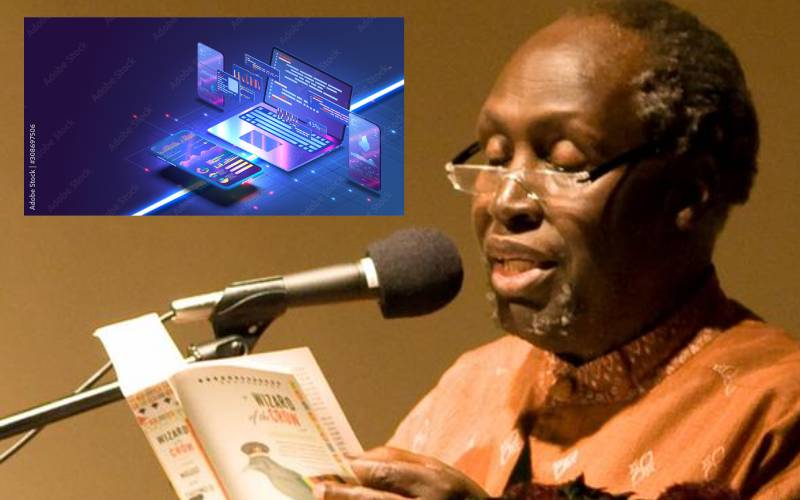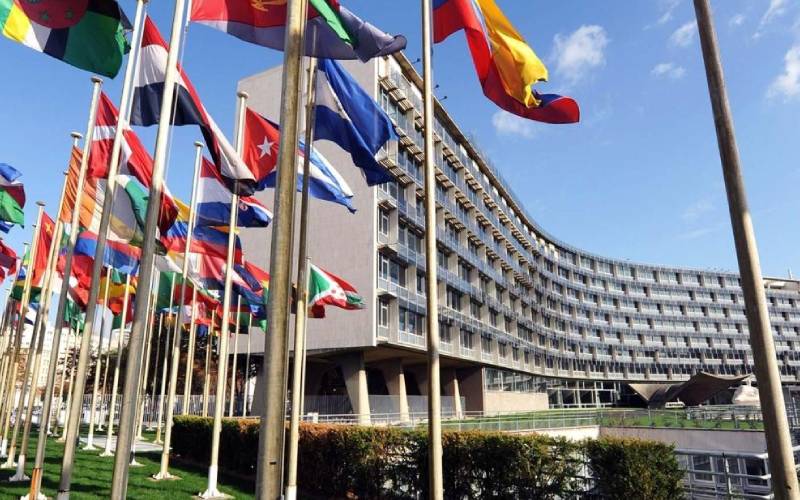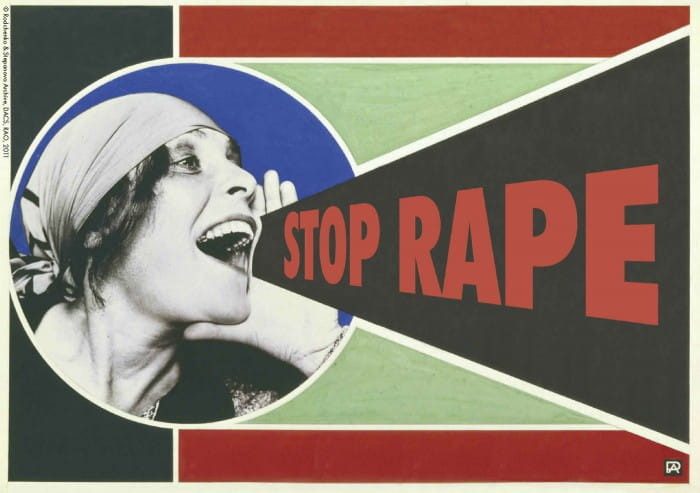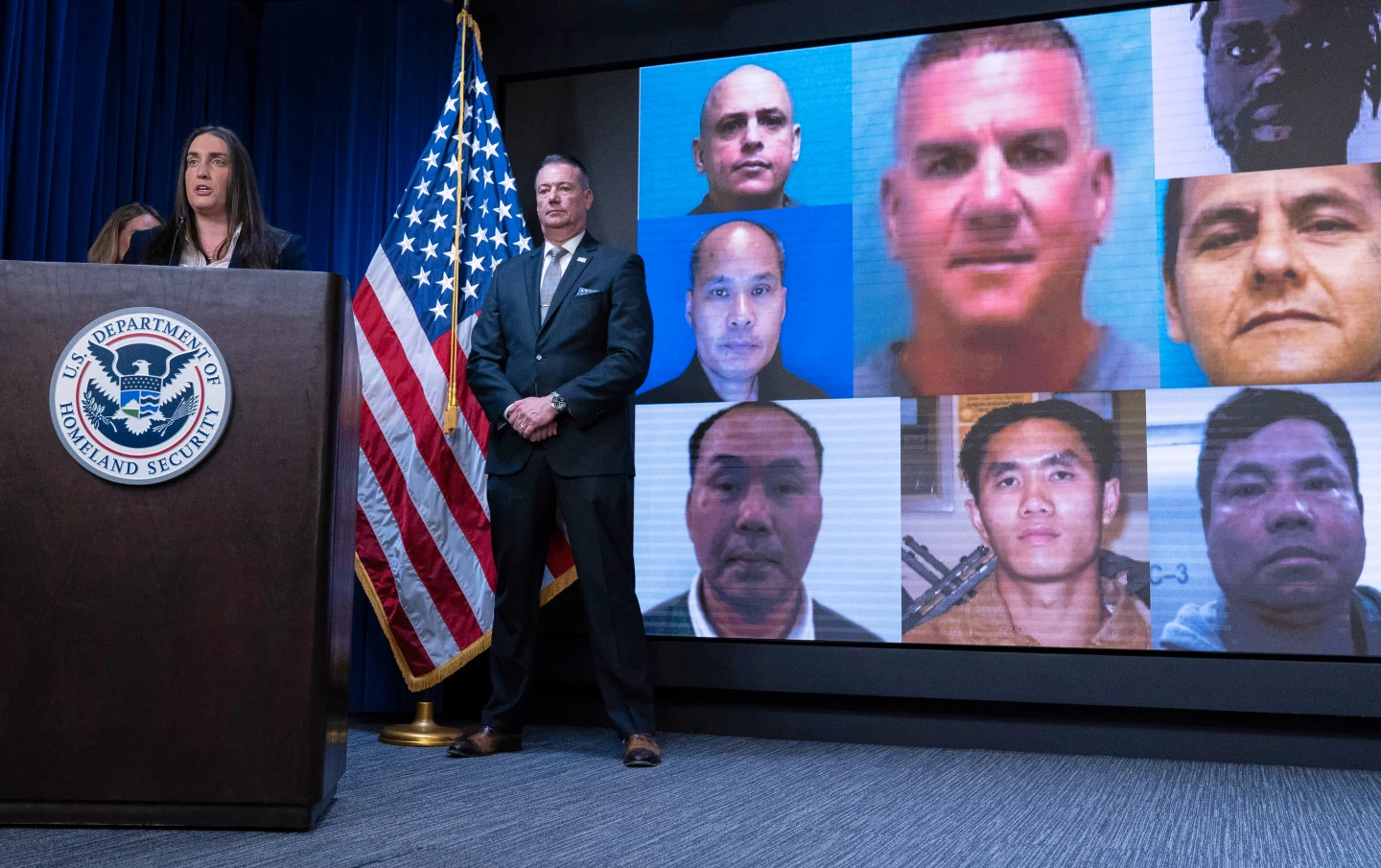By Wamaitha Nyoike
In the warmth of the evening campfire, beneath the expansive African sky, narratives once flowed from the lips of griots, grandmothers, and community elders, binding generations with their words. These stories were more than mere entertainment; they were the essence of identity, memory, and knowledge. However, as smartphones illuminate faces more brightly than the firelight ever could, a question arises: Is Africa sacrificing its storytelling spirit to technology?
Africa, a continent rich in oral traditions, has maintained its history, morals, values, and worldview through spoken narratives. Unlike the West, where the written word has been predominant for centuries, many African societies have relied on oral transmission, which is fluid, dynamic, and profoundly communal.
Currently, digital technology is reshaping how narratives are crafted and preserved. Smartphones, social media, and artificial intelligence provide fresh avenues for expression. Podcasts, YouTube channels, and online archives empower storytellers to connect with audiences worldwide. At first glance, this appears to be an evolution—a revival, in fact—of traditional storytelling in modern formats.
Yet, beneath this façade of innovation exists a deeper worry: the potential detachment from cultural context, language, and the human essence that characterised traditional storytelling.
While digitization offers unmatched convenience, it frequently removes storytelling of its authentic richness. In African contexts, oral storytelling was not solely about the narrative content; it revolved around how it was presented. Inflexion, gestures, repetition, music, and engagement with the audience were all vital components. Stories served as performances, crafted as much by the audiences as by the narrators.
In today’s digital environment, this performative closeness is often diminished. A TikTok video or an Instagram reel might convey a parable, but does it encompass the rhythm of a village elder’s voice, the pauses filled with significance, or the communal silence that follows the conclusion of a story? Additionally, as younger generations are drawn towards global media trends, local languages—custodians of traditional thought and insights—are becoming increasingly endangered. When narratives are expressed in English or French for broader reach, what nuances are lost in the process?
African literature has long balanced between its oral origins and written formats. Authors like Chinua Achebe and Ngũgĩ wa Thiong’o consciously integrated oral traditions into their novels, striving to uphold the narrative essence of their cultures. Presently, digital publishing platforms grant African writers unprecedented visibility. However, they also promote brevity, speed, and virality—values that often conflict with the reflective depth inherent in traditional storytelling.
Even worse, algorithms determine visibility over authenticity. Narratives that deviate from popular trends stand a chance of being overlooked. In this environment, will tales that confront colonial histories or delve into indigenous philosophies receive attention, or will they be drowned out by the clamor?
Cultural memory encompasses not just the past but also serves as the bedrock for identity, ethics, and community. Historically, it has been maintained through rituals, proverbs, music, and collective storytelling. Nowadays, it is being preserved in digital repositories and data storage.
This carries significant promise. Initiatives like the African Storytelling Archive and digital libraries in Ghana and Kenya are safeguarding at-risk tales and languages. Diaspora communities are reconnecting with ancestral narratives that were previously lost. It appears that memory is becoming more accessible.
However, the transition from a living tradition to a digital archive introduces a challenge. Cultural memory runs the risk of becoming a passive experience, consumed rather than actively engaged with. A story that was once shared to influence behaviour or reinforce belonging might now be encountered in isolation, separated from its original cultural context.
Africa's storytelling essence is not disappearing; it is evolving. Technology serves neither as a rescuer nor a destroyer but rather as a reflection and a shaping force. The issue is not about resisting change but rather about directing it, ensuring that as narratives change, they remain connected to their origins. In this new digital era, Africa should not only digitize its stories but also redefine its digital narrative, honoring the voices of the ancestors while uplifting the voices of the future.









